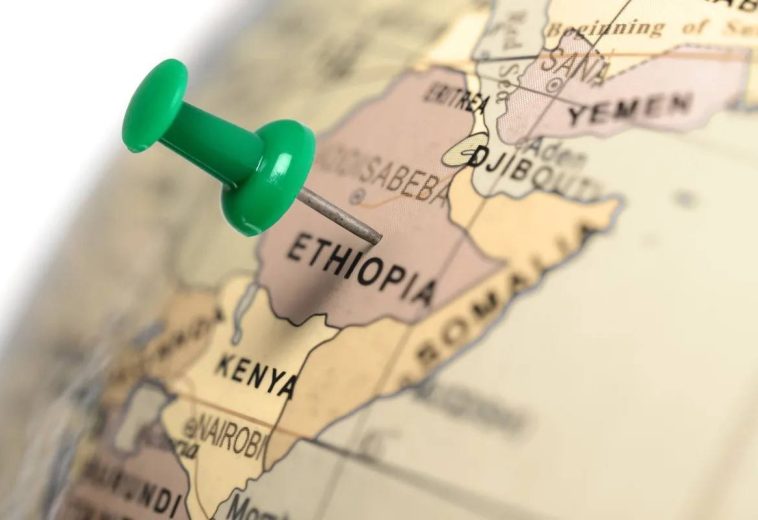In the profound words of Paul Kagame, the President of Rwanda, the AU Summit is more than just a meeting; it serves as a platform where African leaders unite to address the unique challenges facing the continent and chart a course toward sustainable development and prosperity. Over the past two decades, Ethiopia, with its rich history and unwavering commitment to Pan-Africanism, has embraced the responsibility of hosting this annual summit, becoming a beacon of unity and endurance.
Addis Ababa, already established as the headquarters of the African Union since its founding in 2002, has evolved into a symbolic venue for significant events in African history. The AU headquarters, a remarkable architectural tribute to unity, has witnessed the hopes, challenges, and notable successes of the continent. António Guterres, the Secretary-General of the United Nations, commends the AU’s achievements in advancing peace, development, and human rights, setting an inspiring example for the global community.
Despite facing numerous challenges, Ethiopia has consistently demonstrated its capability to host the summit with grace and efficiency. The meticulous preparations undertaken prior to each summit underscore the government’s dedication to ensuring the success of these gatherings. These efforts not only ensure the smooth execution of the summit but also showcase Ethiopia as a powerful and stable host nation to its African counterparts.
The inaugural summit, led by Nelson Mandela, marked not just a conference but the dawn of a new era. As the birthplace of civilization, Ethiopia provided an ideal venue for this momentous occasion. The AU Summits have transcended diplomatic forums, transforming into vibrant marketplaces of ideas where crucial topics such as economic growth, human rights, peace and security, and climate change are openly discussed.
Key Achievements of the AU Summit:
1. Conflict Resolution: The AU has achieved notable success in resolving and reducing conflicts in some of the region’s hotspots, including Sudan. Additionally, it played a crucial role in facilitating the transition from military rule to civilian regimes and resolving post-election disputes in Kenya and Côte d’Ivoire.
2. Promotion of Democracy: Unlike its predecessor, the Organisation of African Unity, the AU actively intervenes in member nations’ internal affairs to promote peace and defend democracy, including the use of military force in cases of crimes against humanity and genocide.
3. Peer Review Mechanism: The AU’s special “Peer Review Mechanism” promotes democracy and good governance, with member states consenting to evaluations by specialists from other nations.
4. African Continental Free Trade Area (AfCFTA): AU Summits frequently discuss achievements related to trade agreements, ratifications, and implementations, aiming to unify the continent’s markets for products and services.
5. Peace and Security: Discussions at AU Summits often revolve around promoting stability in politically turbulent areas, peacekeeping initiatives, and conflict resolution strategies.
6. Economic Resilience: The AU addresses financial challenges faced by member nations, demonstrating its commitment to resolving economic issues, especially in the face of global events such as the Russian invasion of Ukraine and the economic impact of the COVID-19 pandemic on African economies.
7. Sustainable Development: Member nations discuss advancements and challenges in implementing the Agenda 2063 framework, focusing on social well-being, economic progress, and infrastructural development.
8. Health Initiatives: AU Summits highlight health-related accomplishments, particularly in preventing pandemics and enhancing healthcare systems, showcasing proactive responses to health emergencies such as the COVID-19 pandemic.
9. Human Rights and Governance: Leaders engage in conversations about human rights, effective governance, and initiatives to strengthen democratic institutions, sharing both successes and challenges in upholding democratic values.
10. Climate Change and Environmental Sustainability:AU Summits increasingly address topics related to climate change and environmentally sustainable activities, with leaders discussing successes in enacting green laws and mitigating the effects of climate change.
11. Collaborations and Partnerships: Successes in forming alliances with organisations within and outside the continent, including collaborations with donor organisations, the corporate sector, and international organisations, are frequently highlighted.
Ethiopia’s enduring commitment to the African Union Summit has not only elevated its global standing but has also significantly contributed to the progress, unity, and prosperity of the entire African continent.


